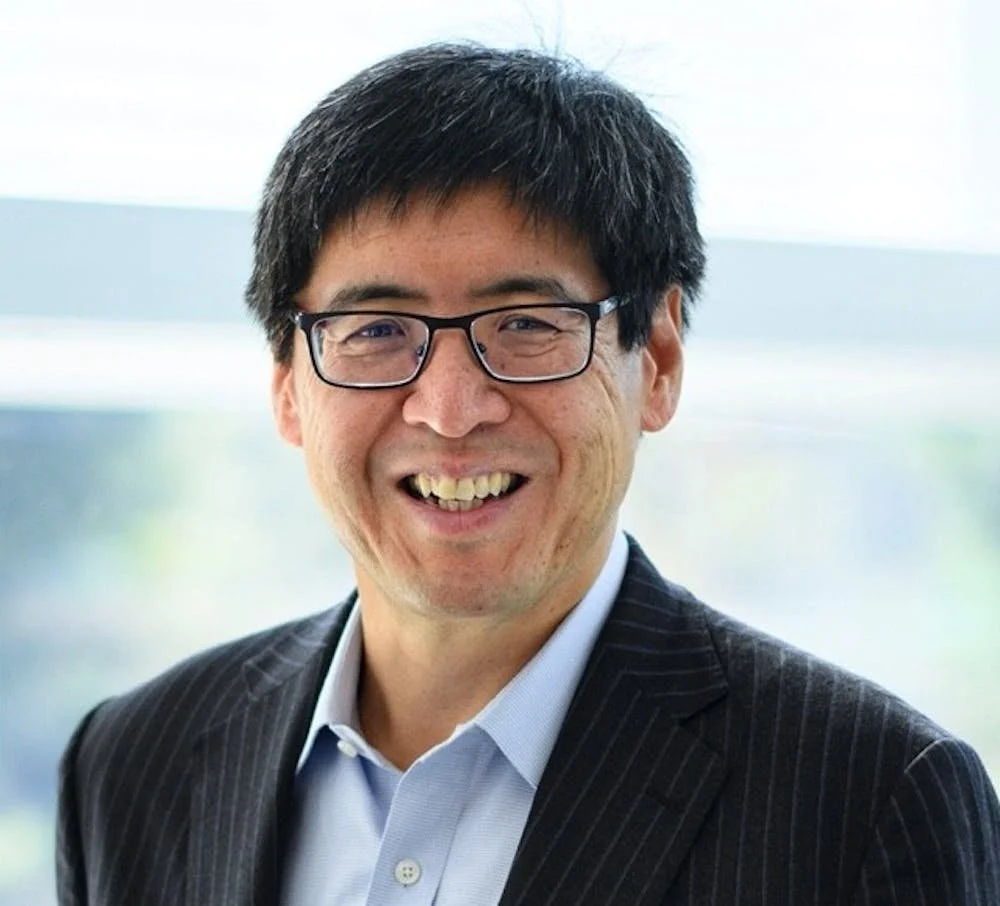About the Lab
The Electoral Innovation Lab uses data-driven mathematical approaches informed by the law to create practical strategies for electoral reform. Through non-partisan collaboration with scholars and organizations, we strive to narrow the divide between voters and the government by repairing and strengthening three essential features of democracy:
Representation in democratic systems
Responsiveness in republicanism
Increased citizen engagement and depolarization
We believe that data analytics, scientific research, and smart policy can help fuel lasting reform.
We produce empirical articles, simulations, and online resources to illuminate the best way forward for democracy repairs such as:
Anti-gerrymandering strategies
Alternative voting methods
Tools to identify communities of interest
Tactics for increasing accurate representation
We apply a science-backed, integrative approach to our projects.
We employ expertise across the fields of data science (statistics, geospatial analysis, visualization), mathematics (computational modeling, algorithms, ensemble generation, complex systems analysis), law, cognitive and social science, technology and computer science, and political science.
We maintain no commercial interest in outcomes and our work is nonpartisan.
Sam Wang, Founding President
Sam Wang, Ph.D., has over two decades of experience translating data and science into practical action in American politics. With degrees in physics and neuroscience, he has taught and led research and policy work at Princeton University since 2000. Professor Wang has served as a technical consultant on New Jersey redistricting, defended and expanded new voting rules in Maine and elsewhere, and served as an expert witness in redistricting and democracy cases in state and federal courts.



